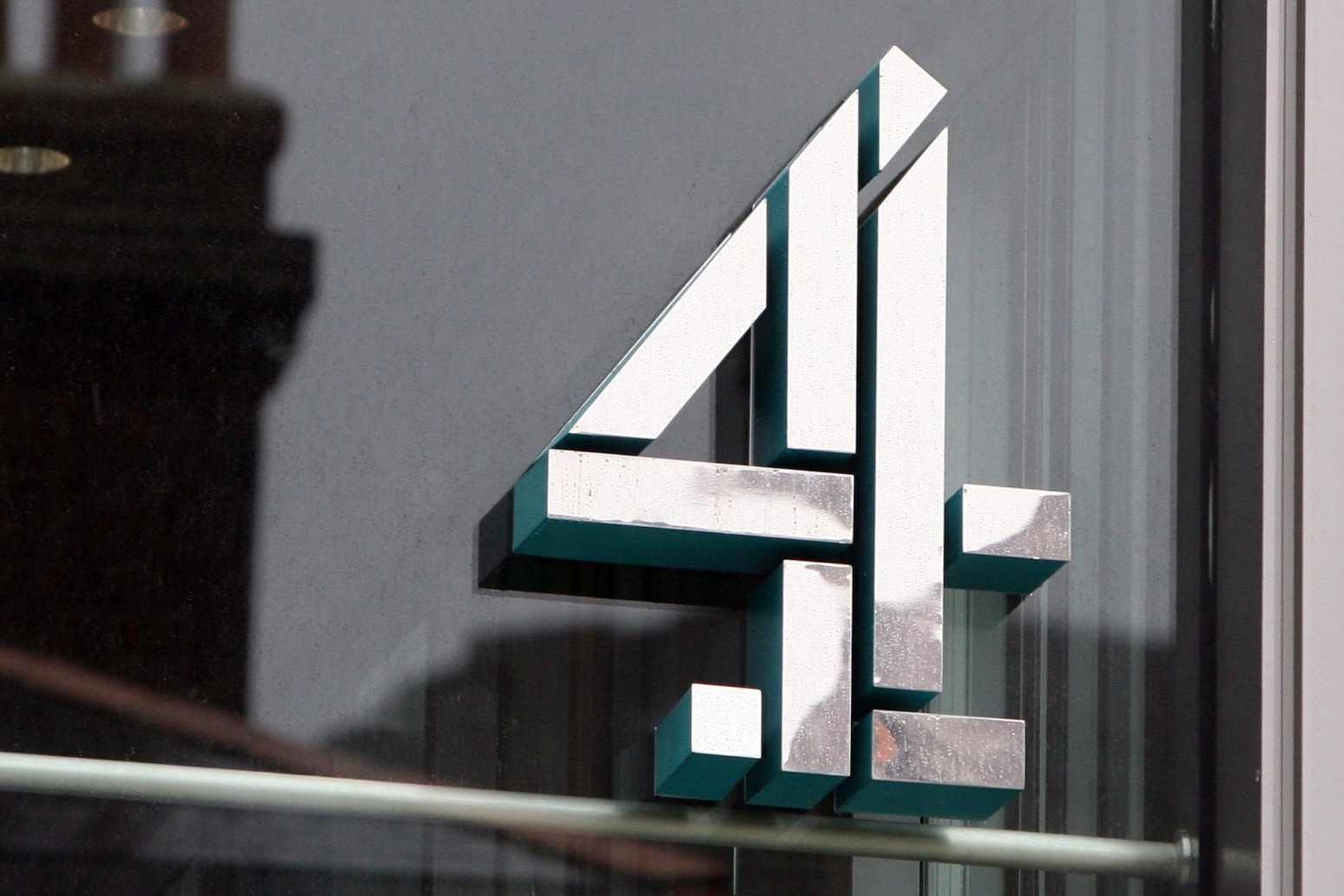
Media Bill to give Channel 4 ‘tools it needs to succeed in the future’
Boris Johnson has cemented the Government’s intention to privatise Channel 4, saying the sale will “unleash the potential of the UK’s creative sector”.
The comments formed part of the Prime Minister’s introduction to the Queen’s Speech, which was read by the Prince of Wales at the State Opening of Parliament in the first ceremony not attended by the monarch in nearly 60 years.
Among the 38 Bills in the Government’s new legislative programme is the Media Bill, which pledges to “reform decades-old laws” to “offer a boost to public service broadcasters” and also contains the contentious privatisation of Channel 4.
Channel 4 has been publicly owned since its creation in 1982 by the Conservative government of Margaret Thatcher, and is entirely funded by advertising.
The Government said the Media Bill will enable a change of ownership to give the broadcaster “the tools it needs to succeed in the future as a public service broadcaster while protecting its distinctiveness”.
The main elements section of the Bill mentions allowing the broadcaster to switch from a “statutory corporation to a new corporate structure that could be sold” and “other changes concerning Channel 4’s obligations and remit to ensure the sustainability of the broadcaster”.
Further benefits of the Media Bill, the Government says, will be ensuring due prominence for content from public service broadcasters, so that it is always “carried and easy to find for UK audiences on connected devices and major online platforms” and also on other devices like smart TVs, set-top boxes and streaming sticks.
The Bill also cements the recently announced plans for Ofcom to regulate streaming platforms to “protect audiences” from “harmful material”, as stated in last month’s White Paper.
Under the legislation, as previously announced, the media regulator will have powers to draft and enforce a new video-on-demand code, aimed at setting standards for “larger TV-like services” such as Netflix, ITV Hub and Now TV to level the rules with traditional broadcasters.
The maximum fine for a breach of the code will be £250,000 or an amount up to 5% of the company’s revenue – whichever is higher.
Ofcom will also be given a “strengthened duty” to assess protection such as age ratings and viewer guidance, with powers to force change under the new proposal.
The Bill also mentions repealing Section 40 of the Crime and Courts Act 2013, a provision which, if commenced, allows courts to make media organisations not signed up to a recognised regulator pay all costs in defamation, privacy, malicious falsehood and harassment claims, even if they win.
The powers under Section 40 are enforceable only if there is a recognised regulator.
The Press Recognition Panel (PRP), an independent body established under the Royal Charter to recognise press regulators, recognises only one body currently – Impress, which oversees 116 publishers, its website says.
An additional body in the UK is the Independent Press Standards Organisation (Ipso), a voluntary press-funded body not backed by the Government.
Ipso was launched in 2014 in the wake of the Leveson Inquiry, which concluded that the Press Complaints Commission (PCC) was not working.
Published: by Radio NewsHub